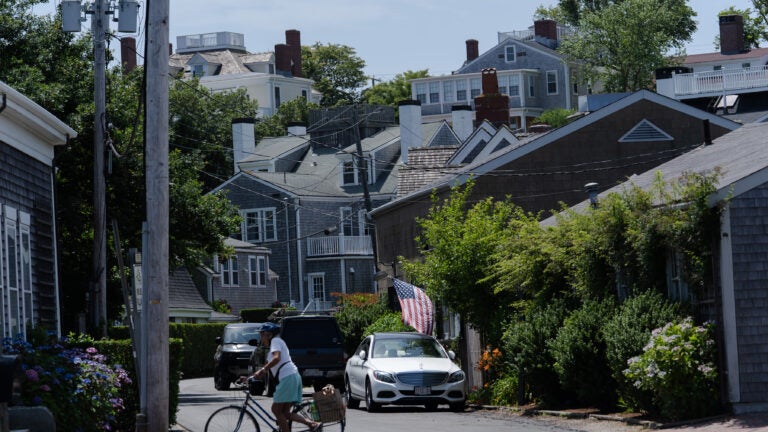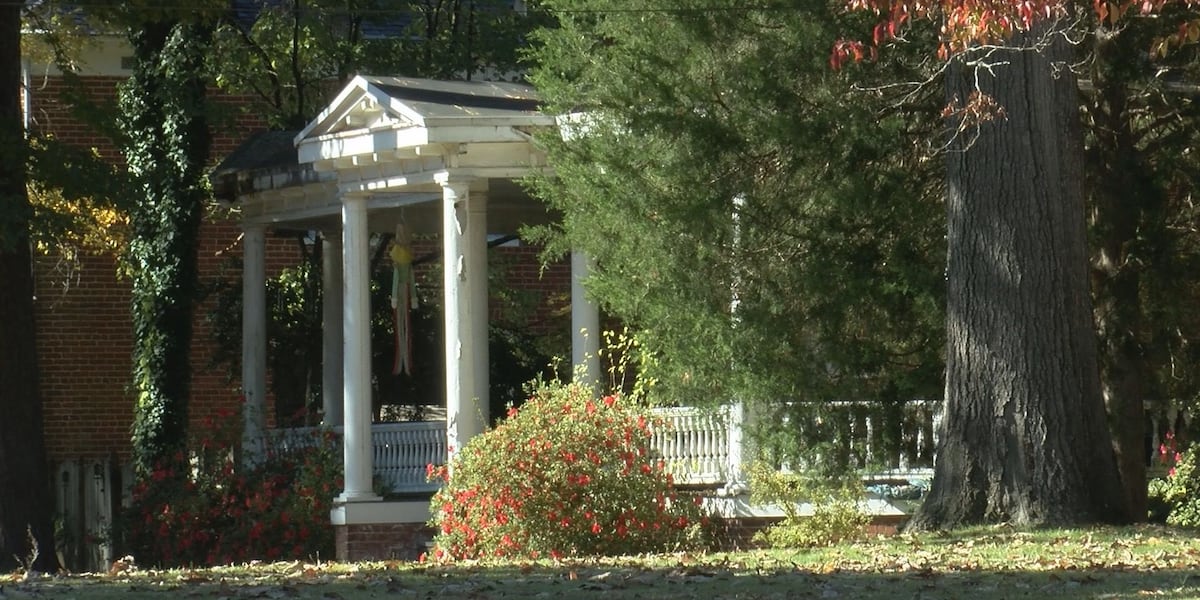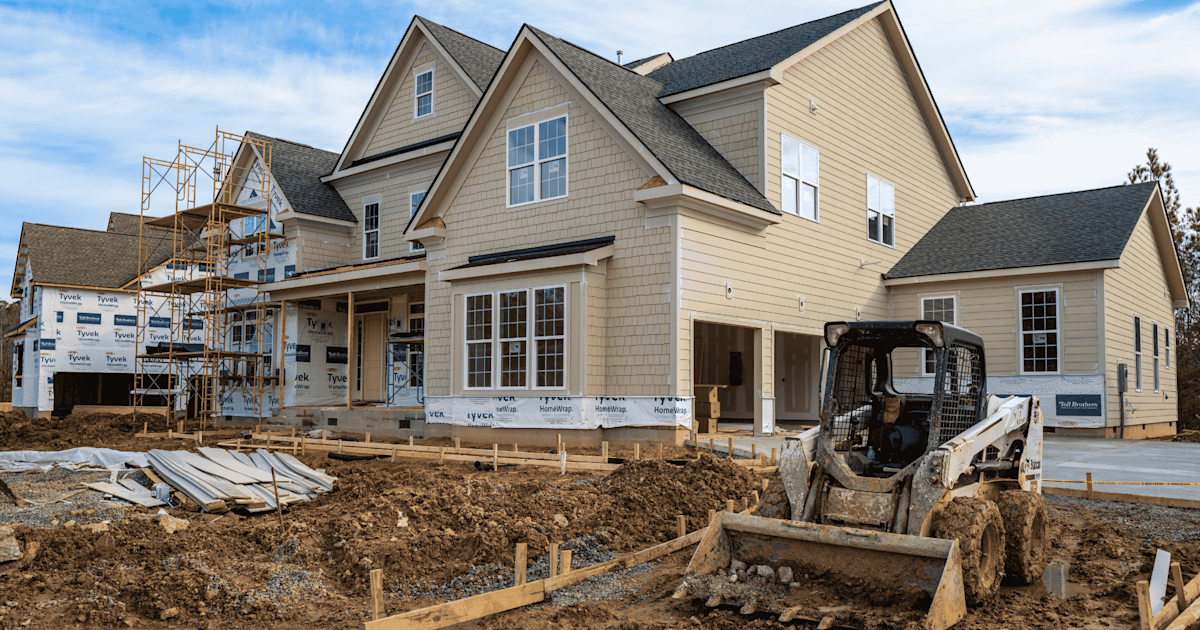L
ocal officials say the rising cost of living is pushing year‑round workers—hospital staff, teachers, restaurant crew—out of the Cape and Islands, and that the only way to keep them in place is to fund new housing. “We can’t solve this problem without money,” says Jay Coburn, CEO of the Community Development Partnership. He points to a simple equation: without extra resources to bridge the gap between what people can afford and the cost of building homes, the crisis will persist.
The solution on the table is a real‑estate transfer fee—a tax on home sales that would raise money for affordable housing. The idea is not new: Nantucket and Martha’s Vineyard have campaigned for it for nearly twenty years, and other towns such as Boston, Cambridge, Somerville, Brookline, and Arlington have joined the effort. Gov. Maura Healey’s housing bond bill allowed municipalities to levy a 0.5%–2% fee on sales above $1 million or the county median price, with the seller bearing the cost. The measure would affect fewer than 14% of residential transactions and create a new revenue stream for local projects.
However, the proposal stalled on Beacon Hill last year. A powerful real‑estate lobby led by the Greater Boston Association of Realtors blocked the measure in the state Senate, arguing it would raise homeownership costs, dampen sales, and hurt buyers and existing homeowners. The final Affordable Homes Act offered limited relief for seasonal communities by expanding funding access and permitting smaller housing types, but local leaders say it falls short.
Now, Cape and Island towns are renewing the push. Home‑rule petitions from Martha’s Vineyard, Nantucket, Provincetown, Wellfleet, and Eastham, along with state Sen. Julian Cyr’s legislation, aim to cover all seasonal communities. The Barnstable Assembly of Delegates is considering a regional “Luxury Real‑Estate Transfer” that would let participating towns set rates between 0.5% and 4% on sales above $1 million. Towns could exempt first‑time buyers or year‑round residents and earmark 90% of the revenue for local housing trusts, with the remaining 10% supporting regional initiatives and administrative costs.
“There are people who want to stay here but don’t make enough to buy a house. They don’t even make enough to rent,” says Susan Warner, Yarmouth delegate. “That will never be funded by the feds or the state.” Cyr echoes the growing problem: “If you don’t own a home, you can’t afford to purchase one, and that’s true across the income spectrum—from hospitality to health care to municipal work.”
Not everyone is on board. Betsy Hanson, CEO of the Cape Cod and Islands Association of Realtors, says the transfer fee is seen as a panacea but will hurt the market. She questions its reliability as a steady revenue source, noting the low housing inventory means fewer transactions and thus fewer fees. Barnstable County recorded 1,968 single‑family sales in September 2025, down from 2,050 a year earlier, with median prices falling from $810,000 to $775,000.
Supporters point to examples elsewhere. Nantucket and Martha’s Vineyard already use conservation land bank fees that have generated hundreds of millions for land preservation. Aspen, Colorado, funds housing with similar fees, and Hamptons towns pay a “Mansion Tax” for affordable housing.
Laura Silber, island housing planner for the Martha’s Vineyard Commission, argues that luxury demand drives resort markets, and increasing market‑rate inventory won’t lower prices. With a median home price of about $1.5 million, market‑rate homes are out of reach for most year‑round workers. Tucker Holland, executive director of the Nantucket Land Trust, says Nantucket faces a $750 million problem; if transfer fees had been in place last year, the island would have raised $5 million. He notes the island has already raised more than $150 million over five years through town meetings, but the burden can’t fall entirely on taxpayers. “Transfer fees could help close that gap,” he says, warning that other towns are watching closely. “Why not give these communities the ability to avoid or fix it?”













